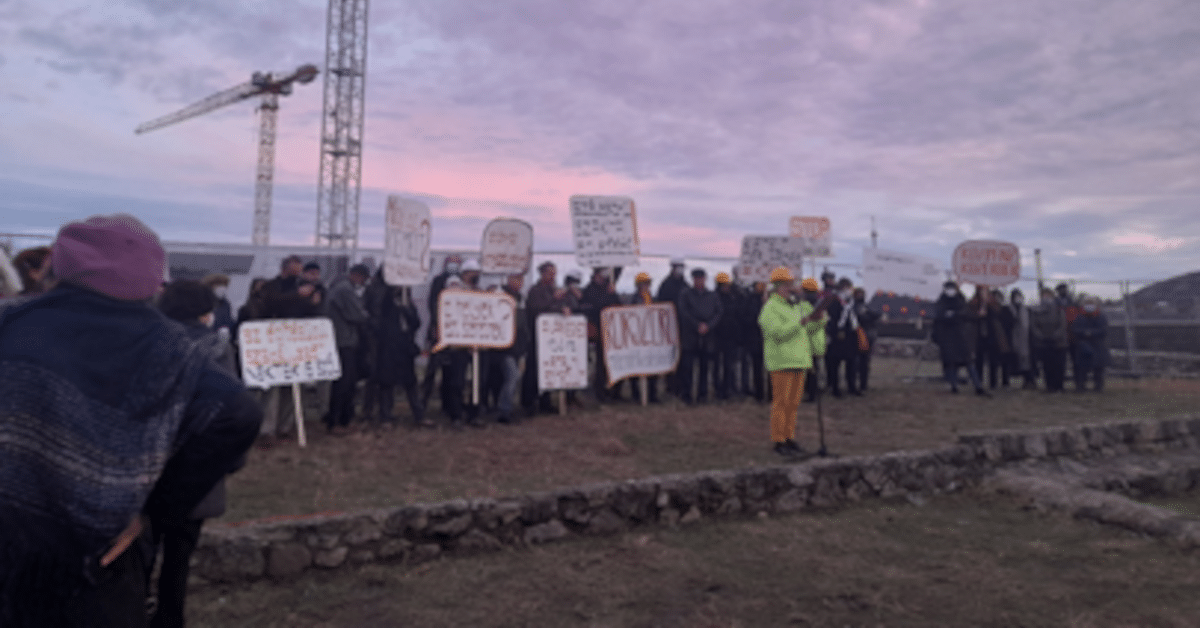Thousands of projects are being labelled as priority investments in Hungary, with shorter administrative deadlines and less stringent criteria on disclosing public information, making public participation especially difficult.
– In Hungary, “priority investments” are subject to procedural benefits under the law, providing shortened administrative deadlines, and cutting back public participation.
– Over 3000 investments were granted this status between 2010 and 2022 – including smaller office buildings or residential real estate projects.
– This legal status carries a huge risk of further facilitating and speeding up environmentally harmful investments, hindering public participation as well as annihilating the rules protecting our environment and cultural heritage. The revised NECP must ensure a meaningful public participation to deliver climate and energy related objectives.

In Hungary, “priority investments” are subject to procedural benefits under the law, e.g. shortened administrative deadlines, and cutting back public participation. Clients such as NGOs or residents do not have to be notified about the official decision in a separate letter – it is enough to post it on the notice board in the municipality hall for five days. In practice this makes it nearly impossible for the public concerned to be informed about investments in the area.
The law contains further simplifications, among others, regarding land redevelopment procedures, investments in transport infrastructure, and court proceedings related to issued permits – e.g. they can prescribe building regulations that are more permissive than municipal building rules, or to circumvent monument protection regulations. Between 2010 and 2022 more than 3 000 investments were granted the status of “priority investments” by over 500 Government decrees. Even smaller office buildings, residential buildings, castle renovations or the relocation of a public authority could also easily become priority investments.
For example, in the South-East of Budapest, in spite of protests by local residents and local governments, 438 hectares of forest and agricultural land was designated as a “priority investment” for gravel mining in 2021.
Due to the incommensurate excavation of gravel, this area has already experienced a vast disappearance of arable land and important natural sites, as well as a substantial drop in the ground water level.
This legal status carries a huge risk of further facilitating and speeding up environmentally harmful investments, hindering public participation as well as annihilating the rules protecting our environment and cultural heritage.

